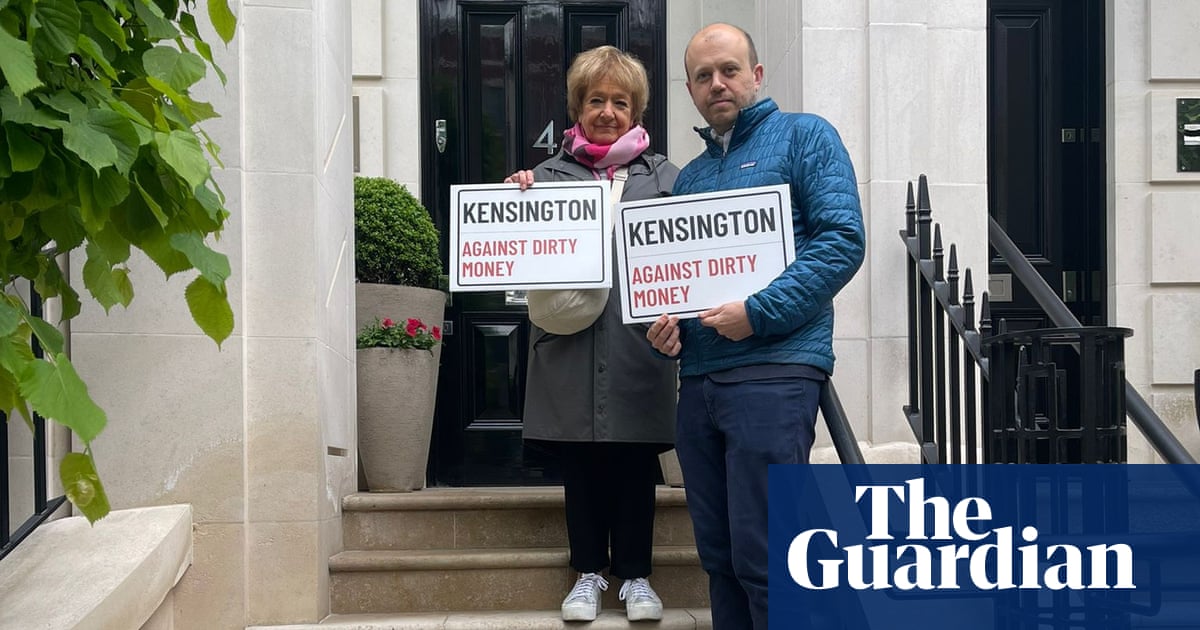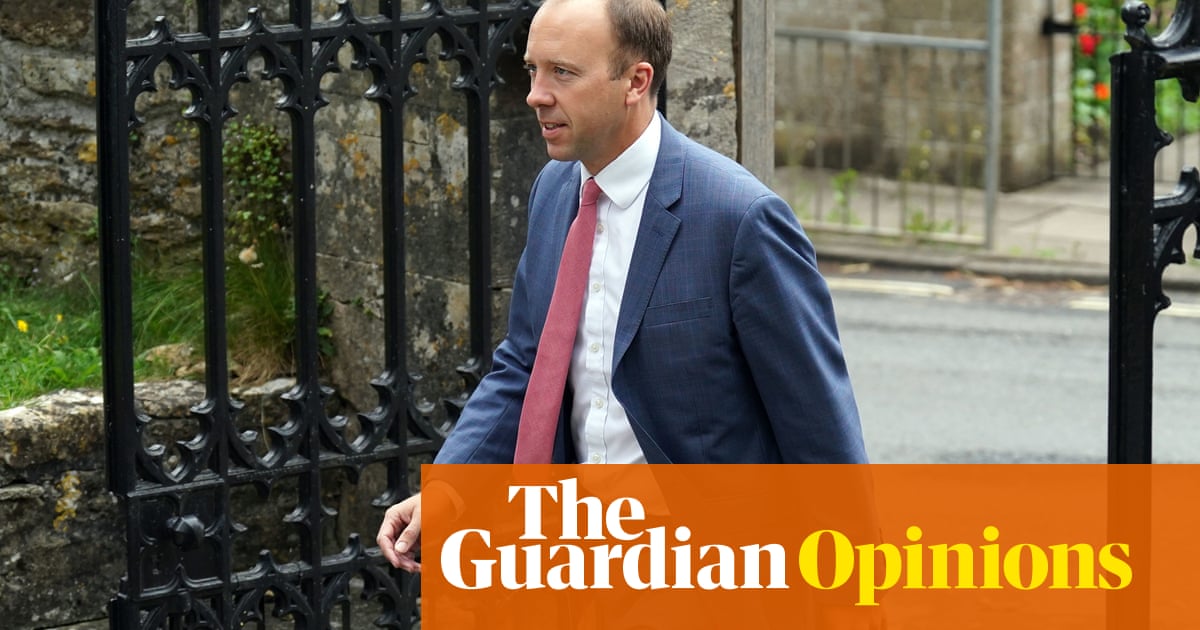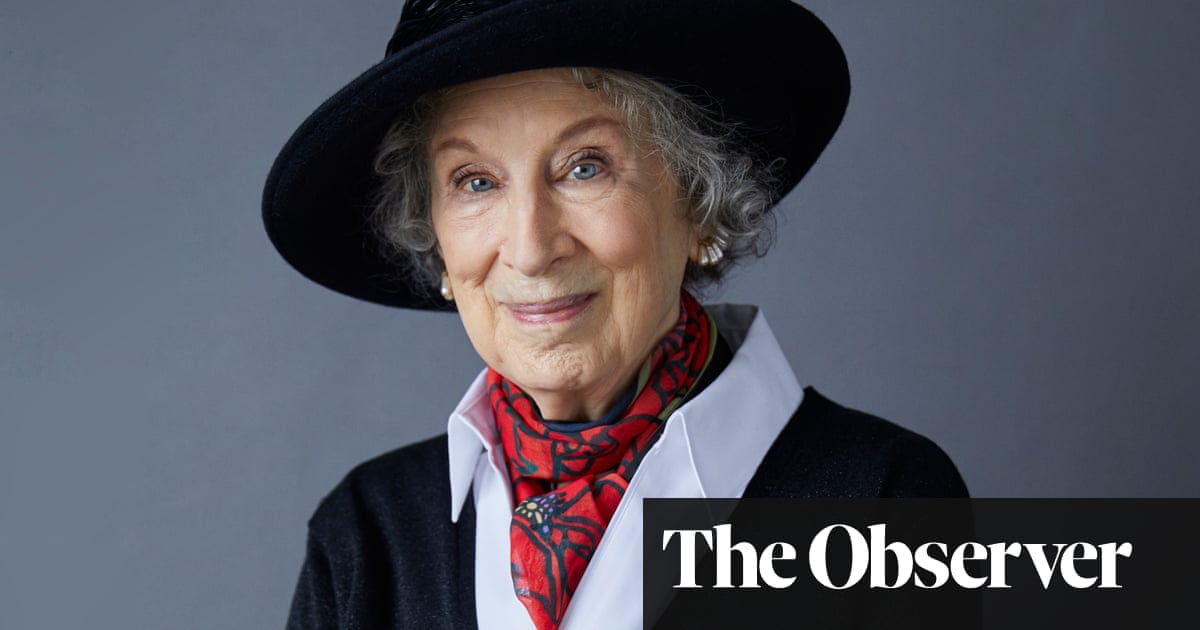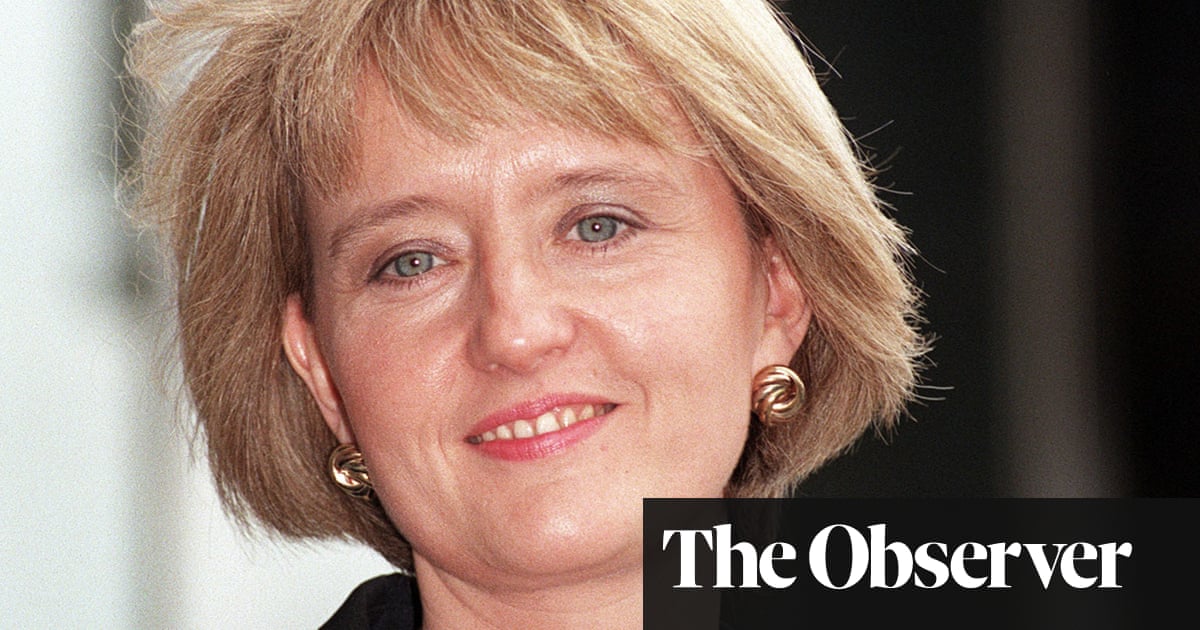
Margaret Hodge, the veteran Labour MP and former minister, is on a mission to knock on the doors of multimillion-pound London properties.
The luxury homes she is calling on are linked to the Russian foreign minister, Sergei Lavrov, and the Azerbaijani president, Ilham Aliyev, in gated communities in Kensington, west London, and closely guarded by private security.
The 79-year-old MP for Barking in east London is unfazed. She has spent a large part of her parliamentary career campaigning against the UK being used to launder “dirty money” of foreign leaders, and these visits are designed to underline an ongoing problem.
Hodge is guiding a “kleptocracy walking tour” of some of the UK’s richest streets to visit homes linked to kleptocrats, oligarchs and sanctioned individuals to “discuss details of properties, the impact of dirty money on our politics and economy and UK corruption issues more broadly”.
The first stop is a £4.4m ground floor flat in a glass and steel block next door to the Design Museum. It was bought – in cash – by Lavrov’s “stepdaughter”, Polina Kovaleva in 2016, according to Land Registry filings, when she was a 21-year-old student at Loughborough University.
Kovaleva is the daughter of Svetlana Polyakova, who had been repeatedly named by independent media in Russia as Lavrov’s romantic partner. The pair are not married. Kovaleva was subject to sanctions by the UK government in March 2022 soon after Russia’s invasion of Ukraine.
She still owns the property, according to the Land Registry, despite calls for the flat – and thousands of other UK assets owned by sanctioned individuals – to be seized, sold off and the proceeds used to help Ukraine. When the government placed Kovaleva on the sanction list, it said: “This sends a strong signal that those benefiting from association of those responsible for Russian aggression are in scope of our sanctions.”
“How can it be a strong signal if she still owns it?” Hodge said as she marched up to the building, which features a swimming pool, gym, spa, cinema, golf simulator, games room and views across Holland Park.
Before Hodge has a chance to press the buzzer for Kovaleva’s flat the building’s security have spotted her approaching. “I would just like to say hello to her,” Hodge tells the guard. “I’m a member of parliament.”
“I’m sorry, but she [Kovaleva] is not in,” the guard said. “How do you know she’s not in?” Hodge replied, noting that the guard has not rung up Kovaleva’s flat.
When told to leave by a second guard, Hodge said: “I just want to meet her. I can tell you as an MP I spend my life knocking on doors. She lives here, I have the right to knock on her door.”
Back out on the street, Hodge says Kovaleva’s flat is “just the tip of the iceberg of dirty money flowing through UK property”.
“A lot of these kleptocrats, criminals buy property here in the UK and that’s their route really into laundering their money into a legitimate system,” she said. “[That the UK is] the jurisdiction of choice for so many kleptocrats and bad actors and wrongdoers is in part because the financial services sector is very lightly regulated, we do very little about enforcing the regulations, and our relationship with our crown dependencies.”
The deputy foreign secretary, Andrew Mitchell, last week disclosed that nearly 40% of the dirty money in the world was going through the City of London and other UK territories.
Mitchell said the crown dependencies and overseas territories would face fresh demands from the Foreign Office to comply with UK laws setting up public registers of beneficial share ownership.
“On the issue of dirty money, it is important to recognise that Britain has a dog in the fight,” he said. “According to some estimates, 40% of money laundering around the world – this is money often stolen from Africa and Africans by corrupt businessmen, bent politicians and warlords and so on – 40% of that money comes through London and overseas territories and crown dependencies.”
This is despite the law, since 2022, requiring overseas entities who want to buy, sell or transfer property or land in the UK to register with Companies House and make clear who their “registrable beneficial owners or managing officers are”.
Research by the centre for public data and the University of Warwick and the London School of Economics (LSE) found that more than 70% of properties in England & Wales held via overseas companies (109,000 out of 152,000) still do not publish information about who really owns them.
The paper found that for 35% of properties owned via overseas shell companies (54,000 properties), even law enforcement agencies do not know the true identities of the beneficial owners.
David Lammy, the shadow foreign secretary, said on Tuesday that if elected a Labour government would make fighting corruption and forcing greater disclosure of property ownership one of the core themes of his foreign secretaryship.
After being politely asked to leave Kovaleva’s building, Hodge continued her walking tour to another luxury gated community built on the former playing fields of Holland Park state secondary school. Here the family of Azerbaijan’s president, Ilham Aliyev, according to the Organized Crime and Corruption Reporting Project (OCCRP), owns a £29.2m six-floor townhouse complete with an indoor pool, roof terrace and “staff quarters”.
Again, Hodge knocked on the door. Again she was asked to leave by security guards.












